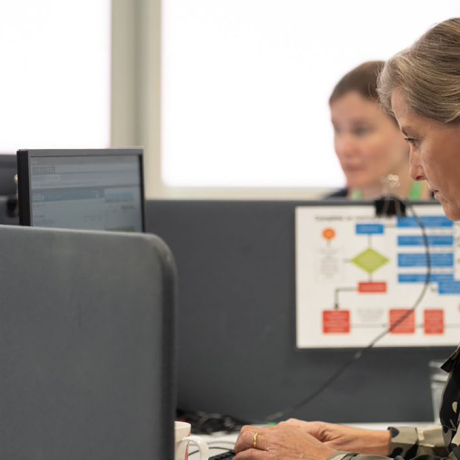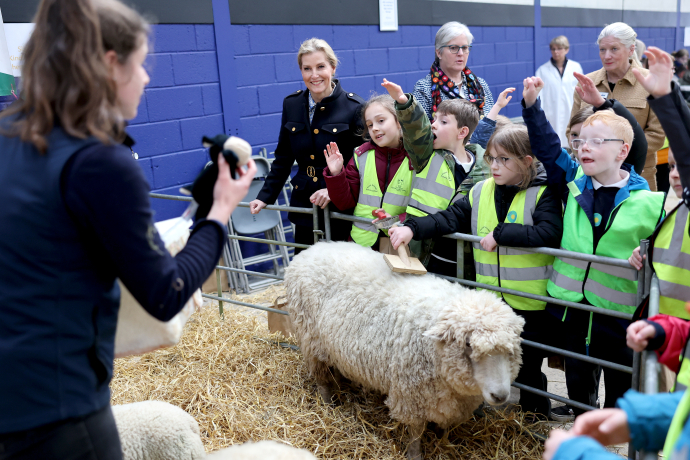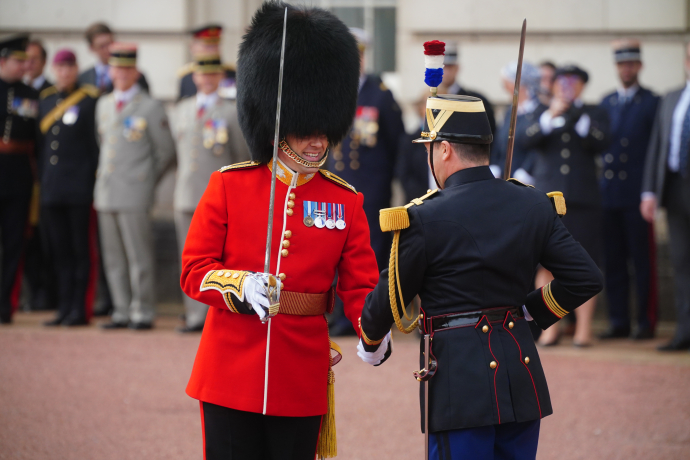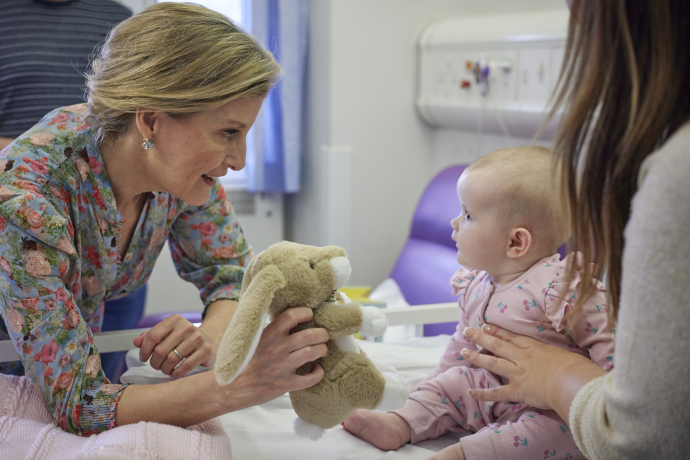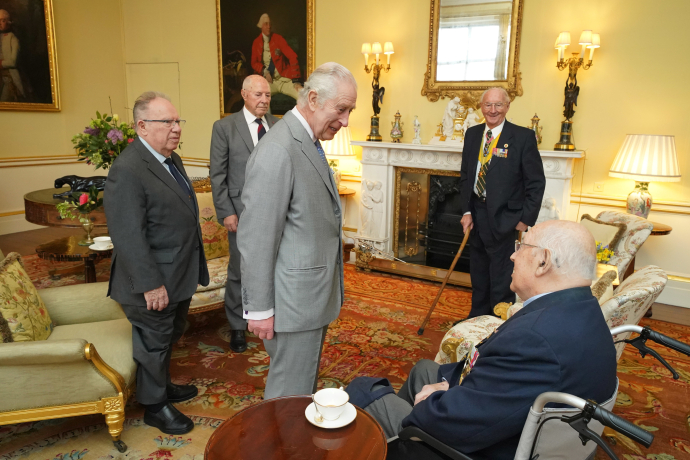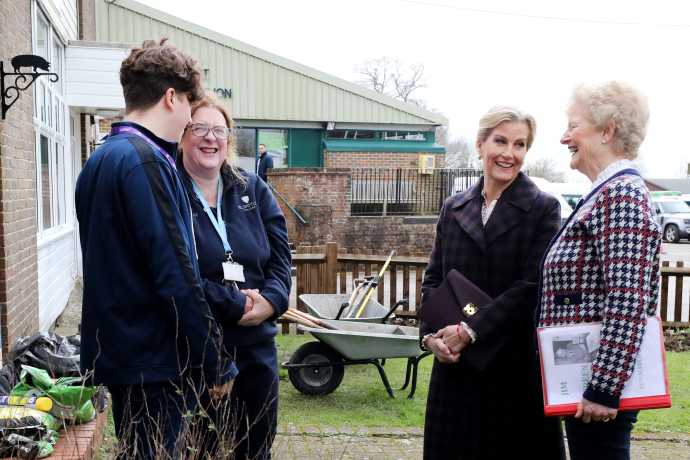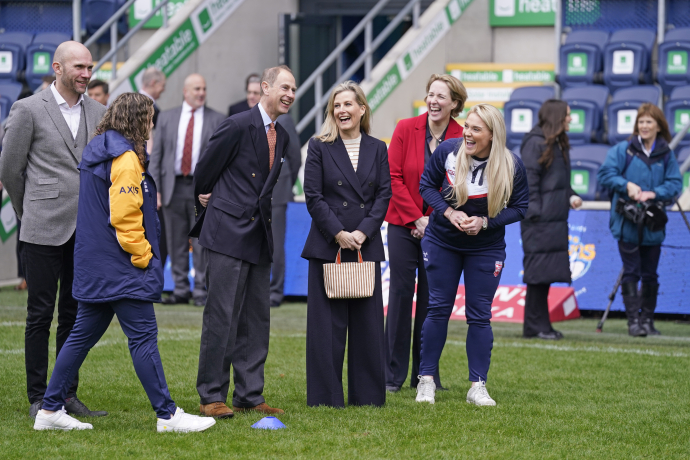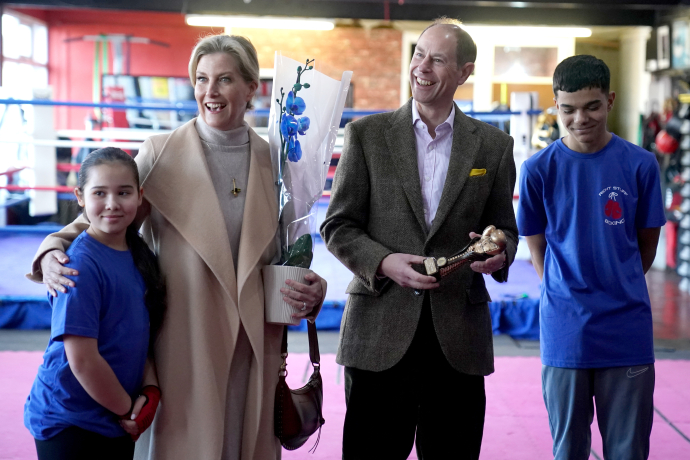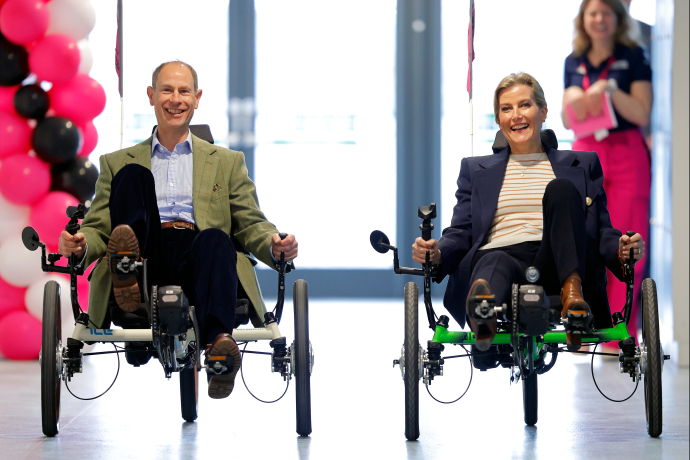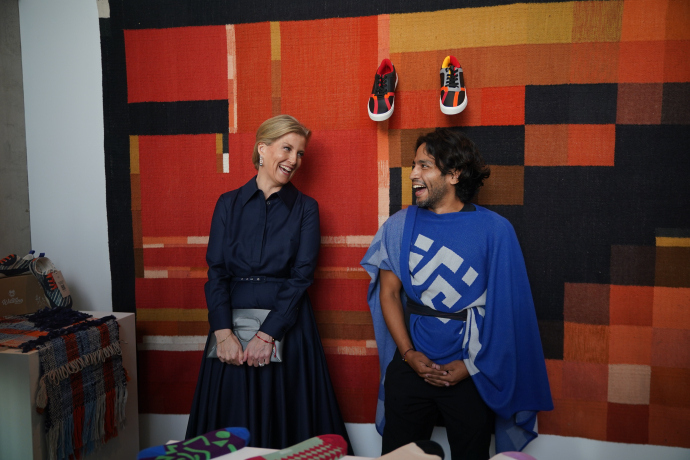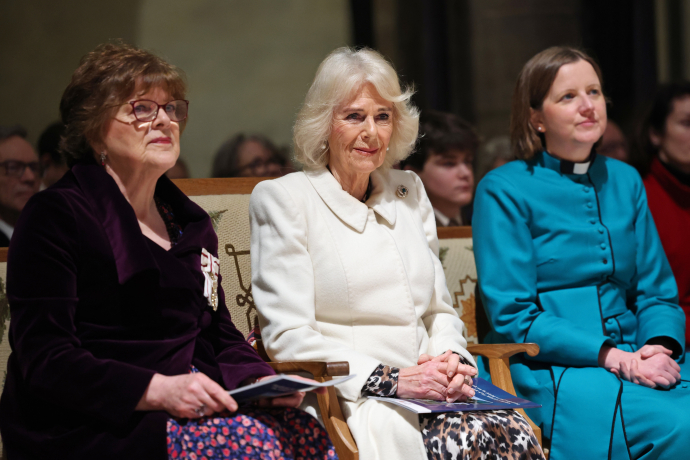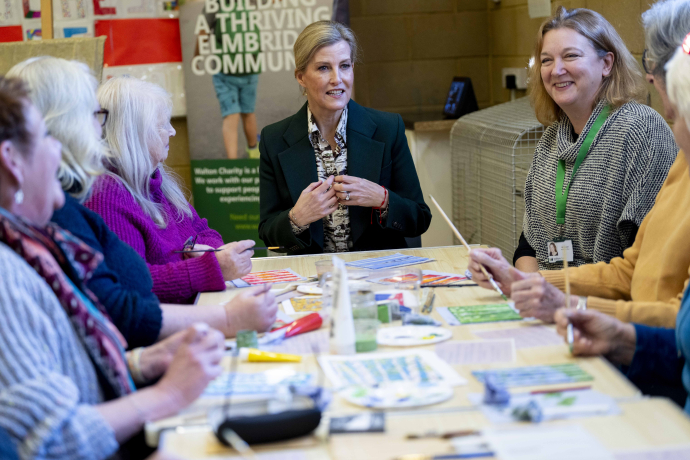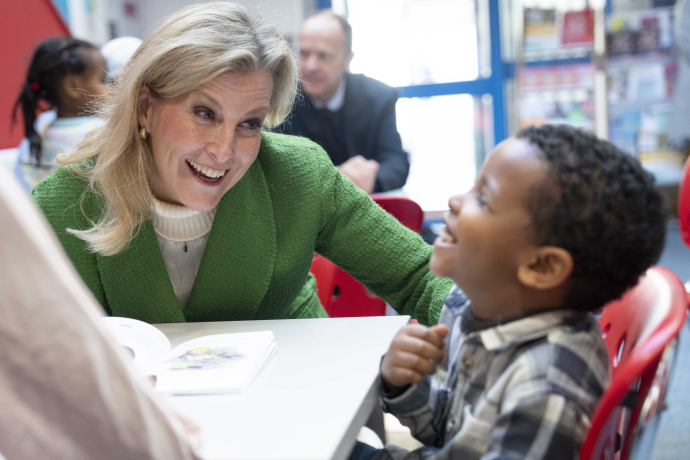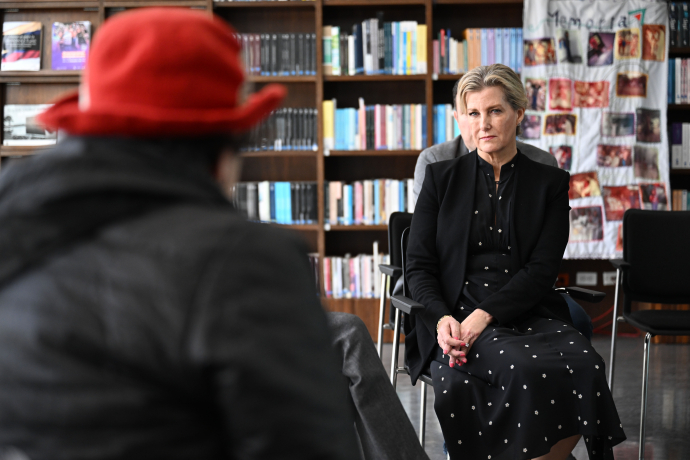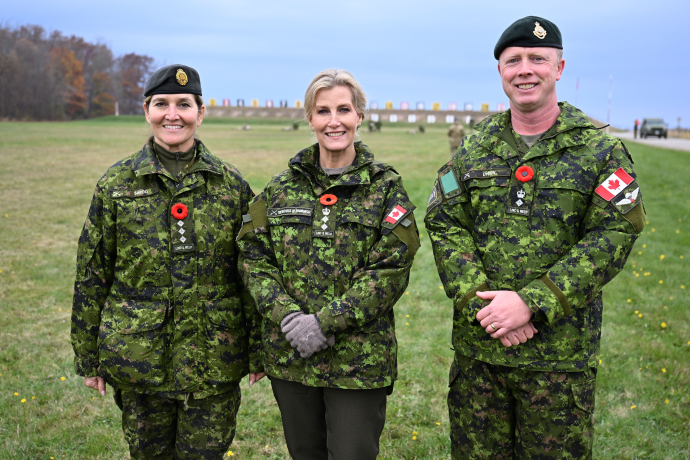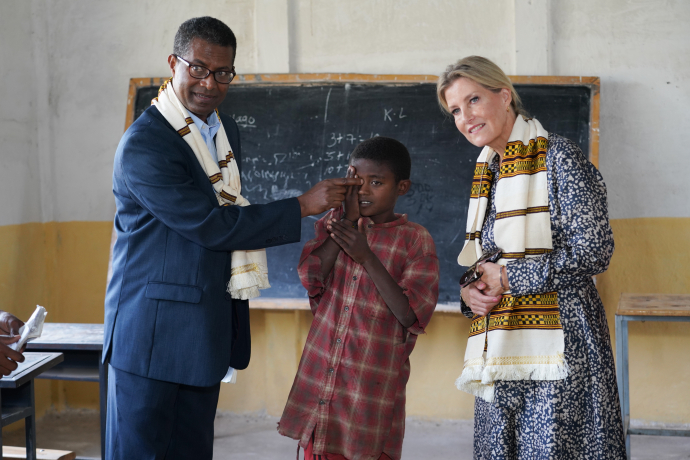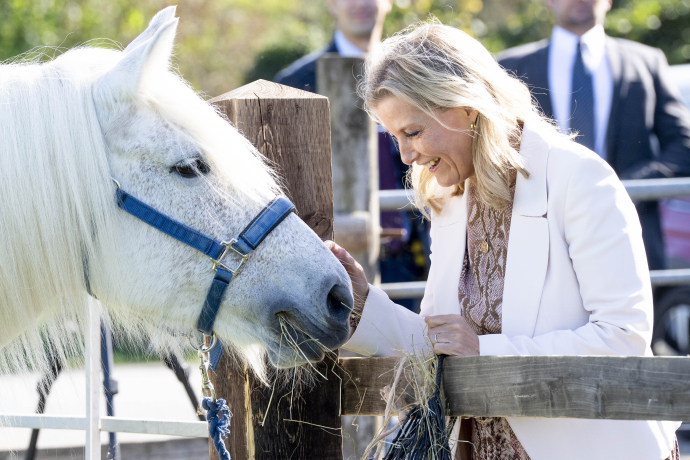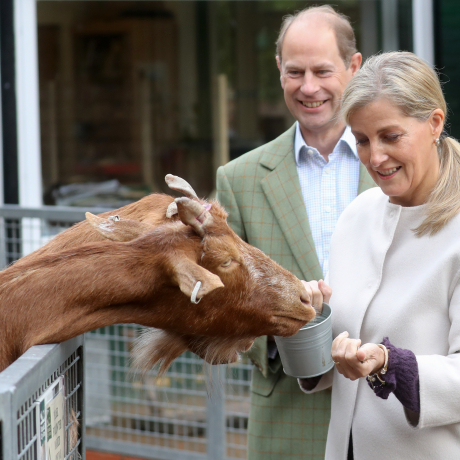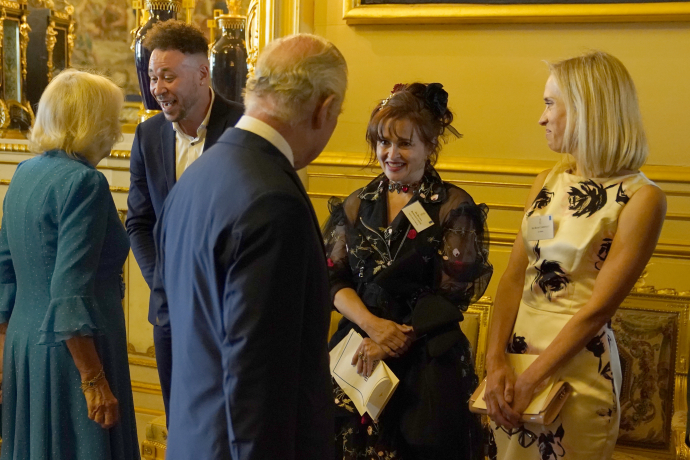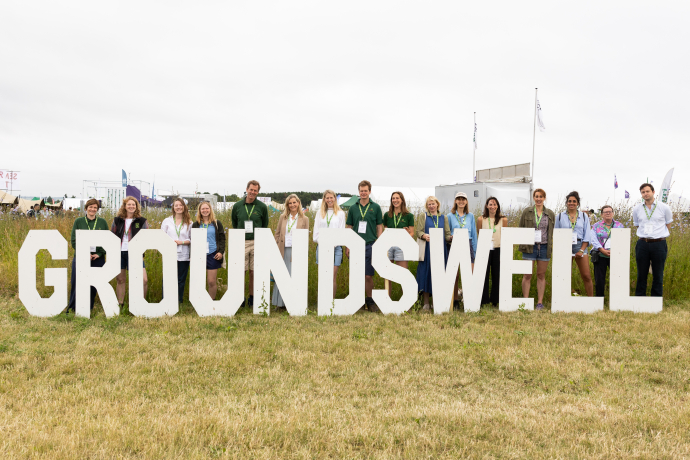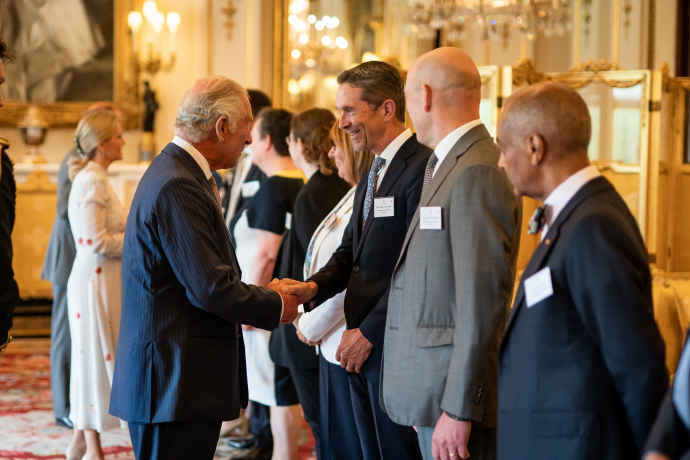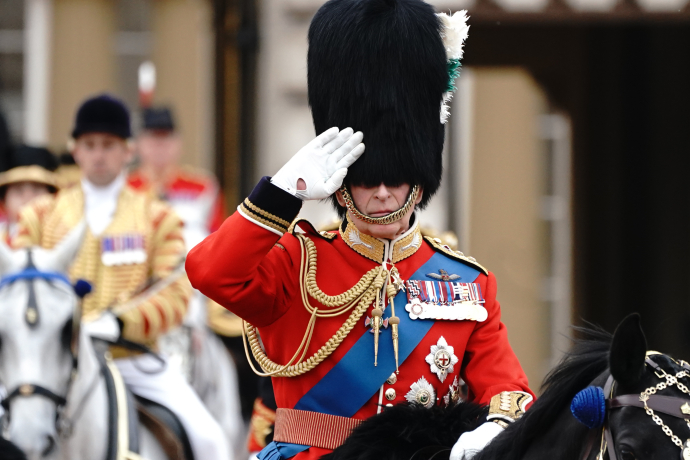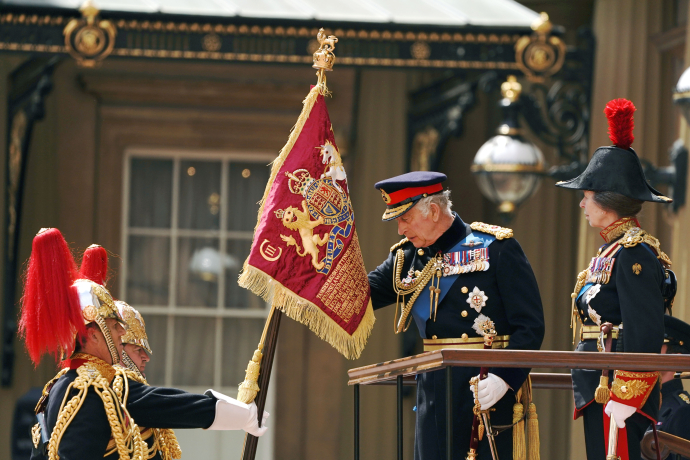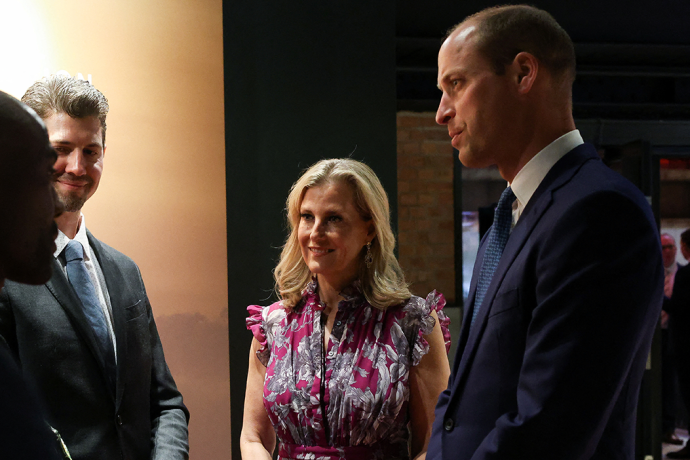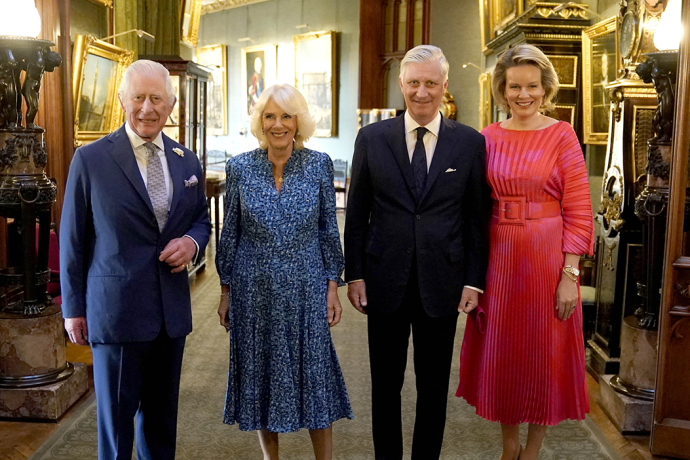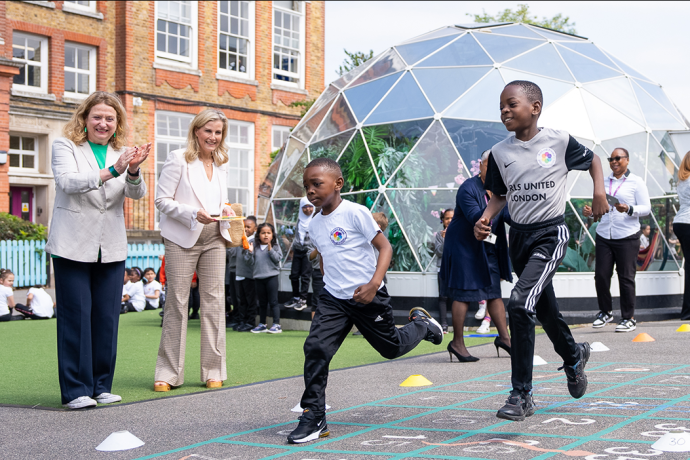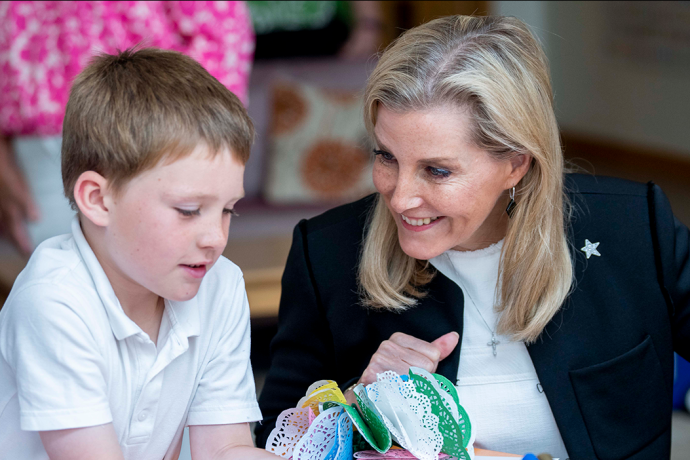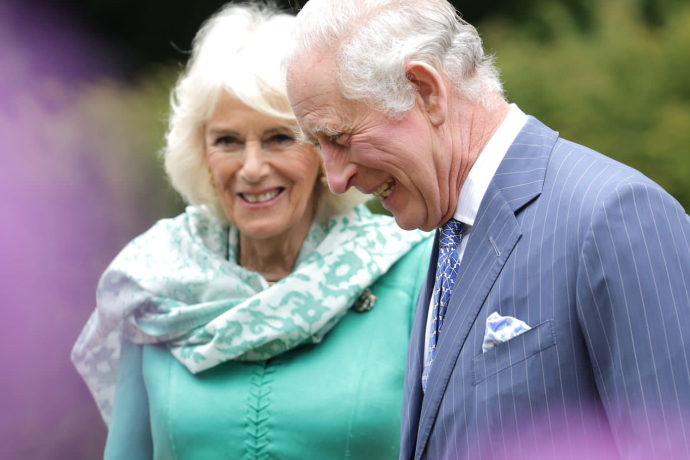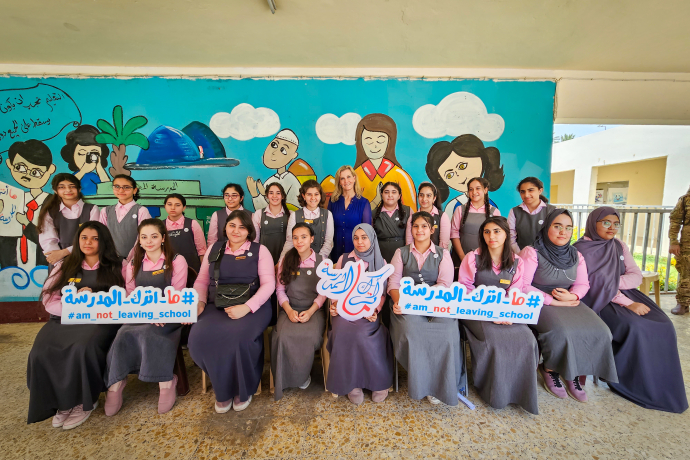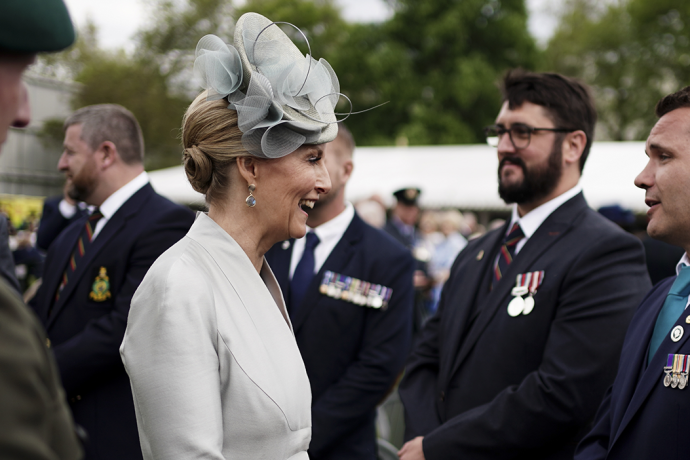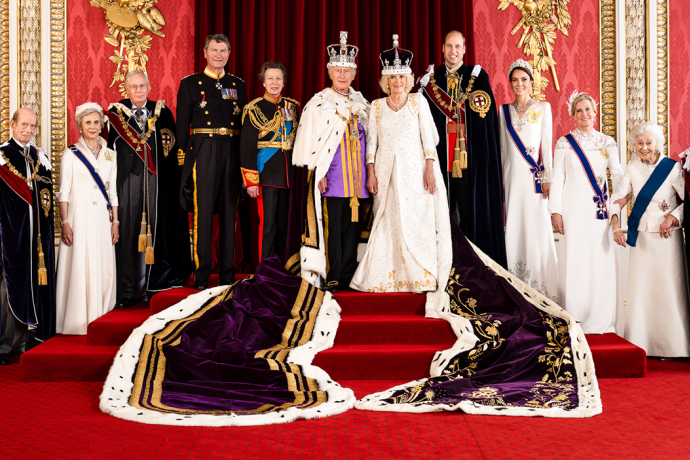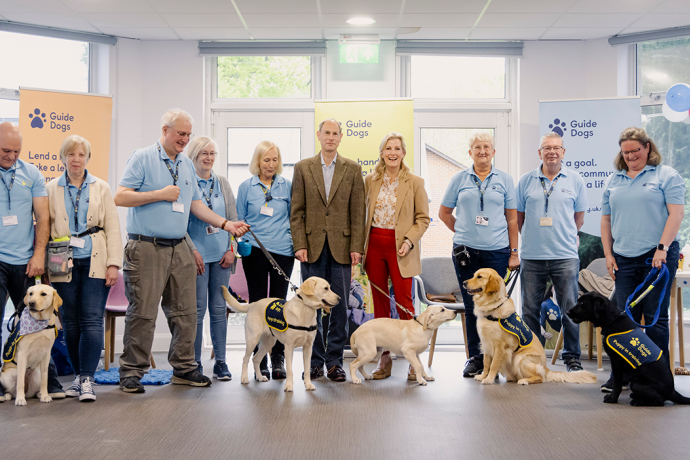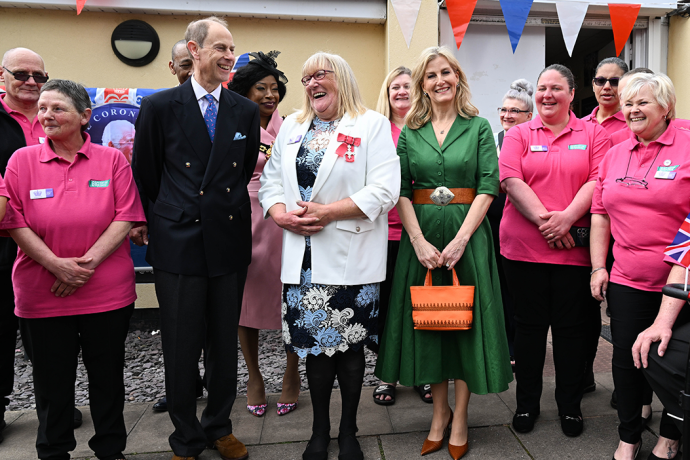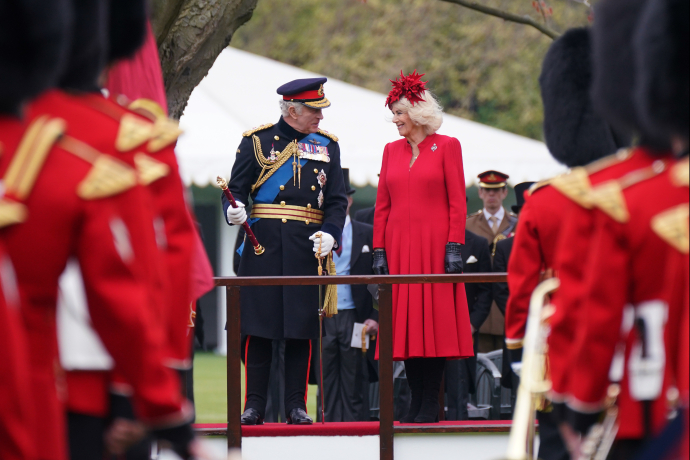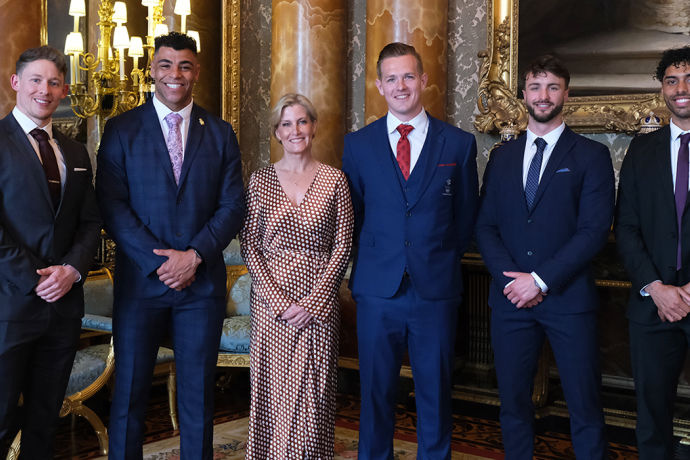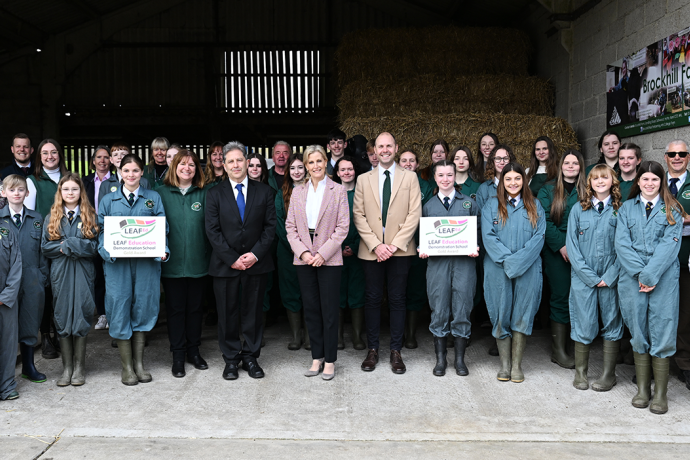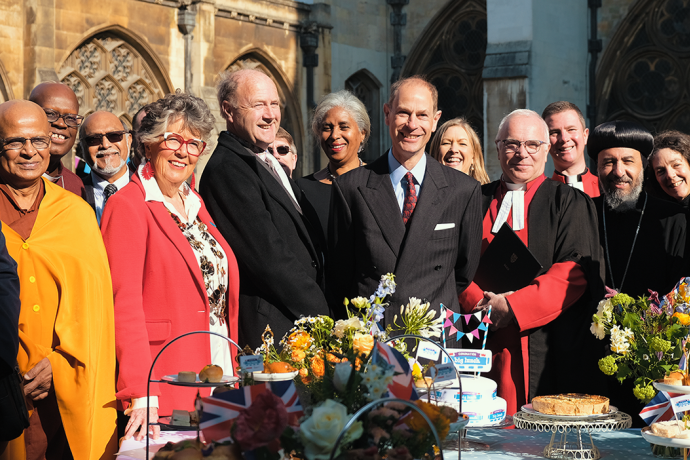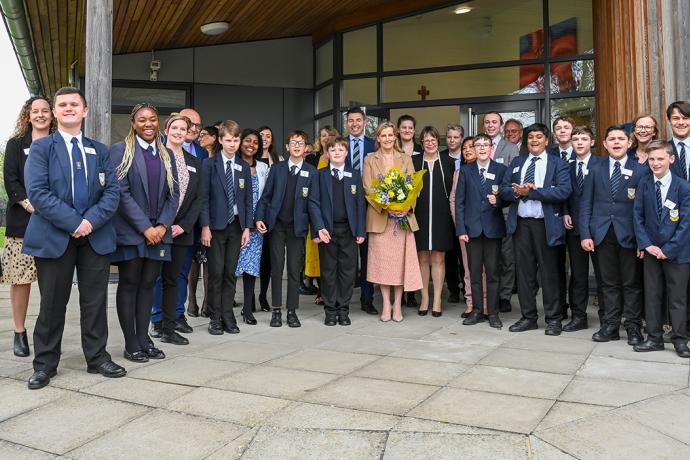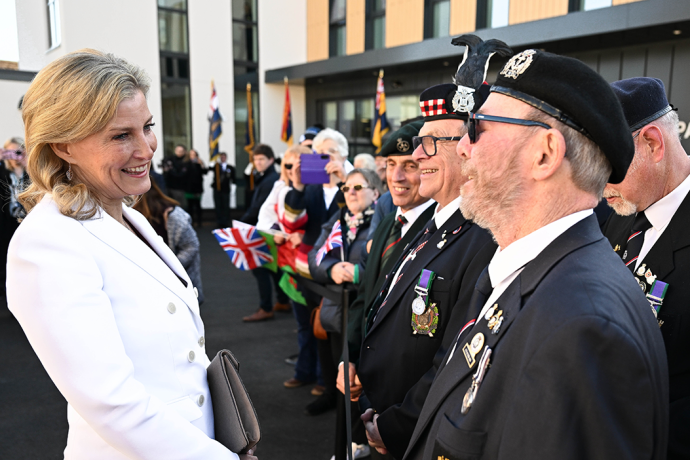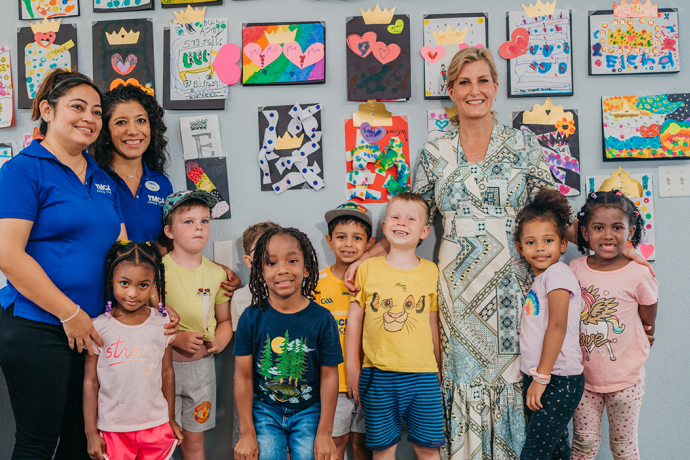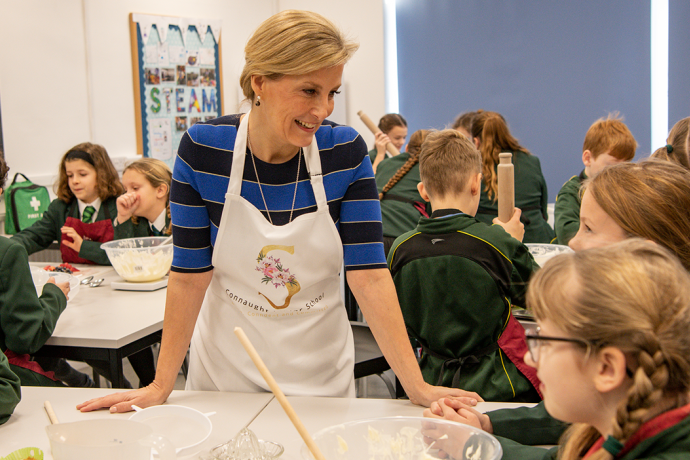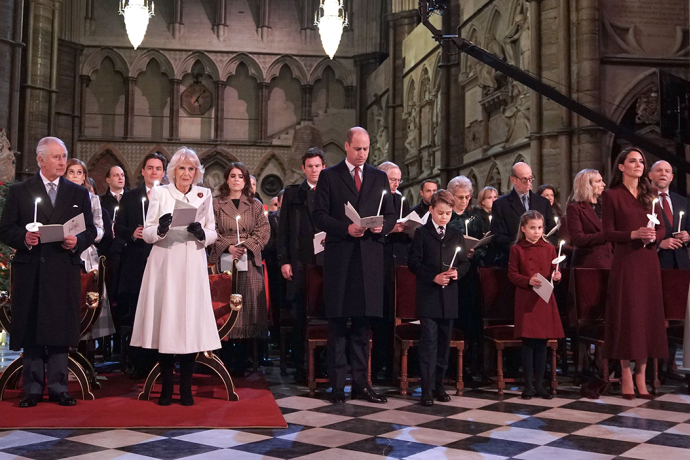For my generation, as children, we could hardly have imagined the exciting opportunities the internet offers.
To believe that endless information would be readily available at the tap of a button, that touchscreen technology would open a world of creativity, that we would be able to communicate with people from all over the globe and see them in real time, was the stuff of Sci-Fi movies and well beyond our individual reach.
And now it’s taken a pandemic to help us to fully appreciate the diversity of its potential, enabling us to remain connected with loved ones, allowing businesses to continue operations and keeping the schooling of children going. We cannot contemplate ever being without it.
Children and young people today are incredibly tech-literate, and for them, there’s no difference between their online and offline lives. But the online world remains a wild west, and the reality is there are few spaces where children are truly safe to explore.
From abusers using platforms to target, groom and exploit children, to young people seeing harmful content, or being cyberbullied, online experiences can and do have devastating consequences on young lives.
The pandemic has created a perfect storm of risks, leaving children exposed to abusers who target those who might be feeling lonely and isolated.
During lockdowns, many children have been subjected to online abuse, all within the ‘safety’ of their bedrooms.
The numbers are horrifying. Analysis conducted by the NSPCC shows more than 100,000 child abuse images crimes were recorded in the UK by the police since 2017.
Behind these numbers are many thousands of harrowing stories, which must be our driving force in making the safety of children online a national priority.
Online child abuse is not unique to the UK. Like COVID-19, it is a global issue. In December, I had the opportunity to speak to policy makers and numerous charities in Brussels who are working together to address this worldwide scourge.
But in order to effect real change, we need to realise that we all have an important part to play, in preventing and detecting these unthinkable crimes. From politicians, to parents, from tech companies to detectives, it is no one person’s or organisation’s responsibility, but each has a vital role in protecting children from harm.
As a mother, I understand the need for our children to enjoy some independence and have fun, while wanting to keep them safe. But many parents and carers feel ill-equipped to navigate the risks.
The charity’s invaluable online safety hub for parents and carers offers helpful guidance on issues including children sharing or accessing sexual content, and tips on using social media responsibly. It also has more general advice for parents and carers, such as getting to know devices’ risks and benefits before allowing your children to use them.
We should familiarise ourselves with devices’ safety features, and explore them with our children. It’s surprisingly easy for anyone to access inappropriate content accidentally, so understanding the apps and games your children are downloading and how they are using the different features will help you to set up appropriate parental controls.
Importantly, no matter their age, we should talk to our children about their online experiences, just as we do their offline experiences. You don’t need to be an expert, but help them recognise harmful behaviour, and show them how they can use reporting tools. Let them know that if they ever feel worried about anything online, they can speak to you, or perhaps find a trusted family member or friend if they feel they cannot open up to you. And, if in doubt, remember the NSPCC is always there for you, and children can always contact Childline for support.
Every one of us is invested in keeping children safe – whether online or offline. Let 2022 be the year we prioritise this issue and make sure our children can explore this amazing online world safely.

